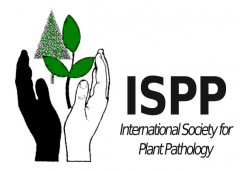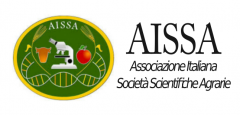
Wheat microbiome bacteria can reduce virulence of a plant pathogenic fungus by altering histone acetylation
Nature Communications
2018 - Vol. 9 - n° 3429Authors: Yun Chen, Jing Wang, Nan Yang, Ziyue Wen, Xuepeng Sun, Yunrong Chai & Zhonghua Ma
Interactions between bacteria and fungi have great environmental, medical, and agricultural importance, but the molecular mechanisms are largely unknown. Here, we study the interactions between the bacterium Pseudomonas piscium, from the wheat head microbiome, and the plant pathogenic fungus Fusarium graminearum. We show that a compound secreted by the bacteria (phenazine-1-carboxamide) directly affects the activity of fungal protein FgGcn5, a histone acetyltransferase of the SAGA complex. This leads to deregulation of histone acetylation at H2BK11, H3K14, H3K18, and H3K27 in F. graminearum, as well as suppression of fungal growth, virulence, and mycotoxin biosynthesis. Therefore, an antagonistic bacterium can inhibit growth and virulence of a plant pathogenic fungus by manipulating fungal histone modification.
Back 



